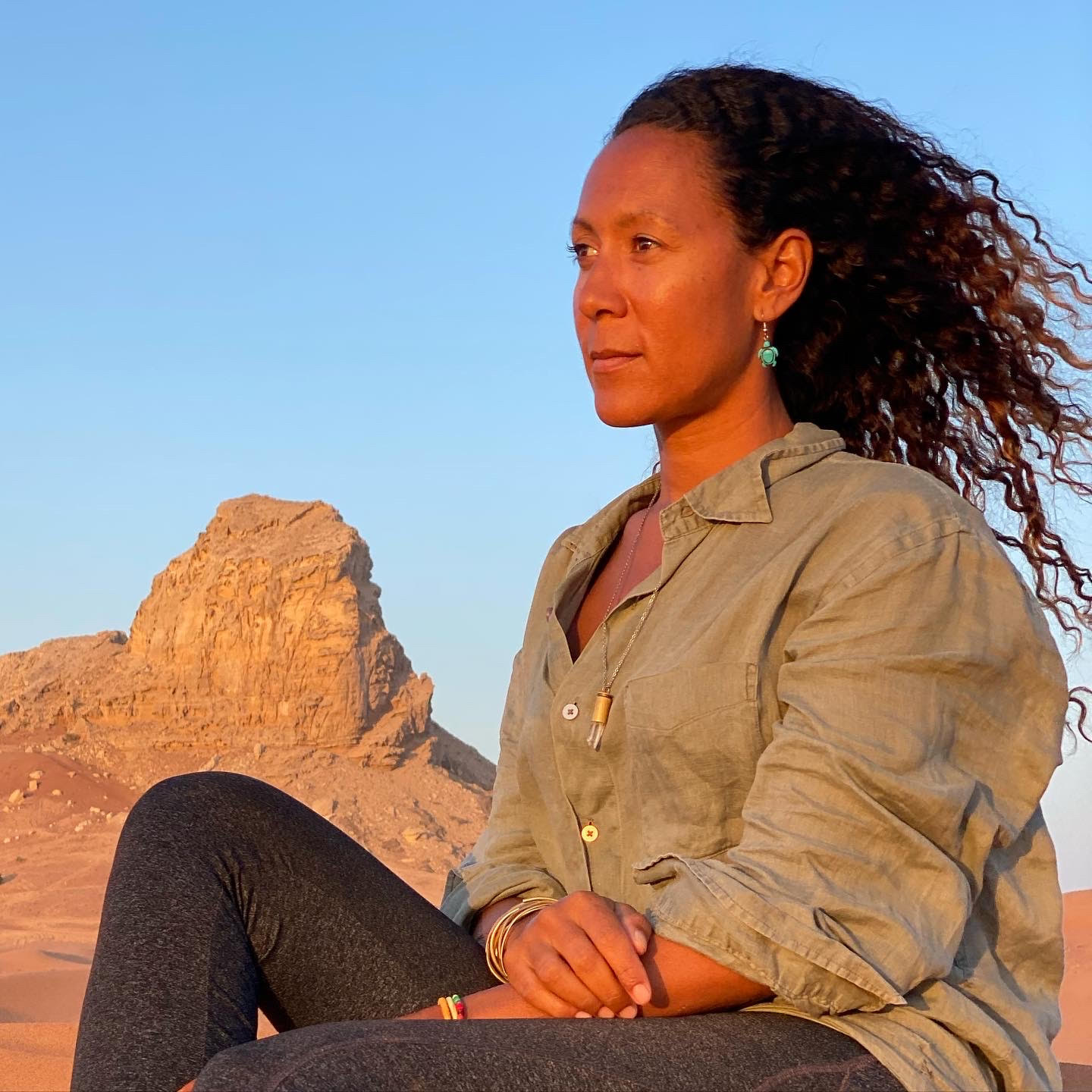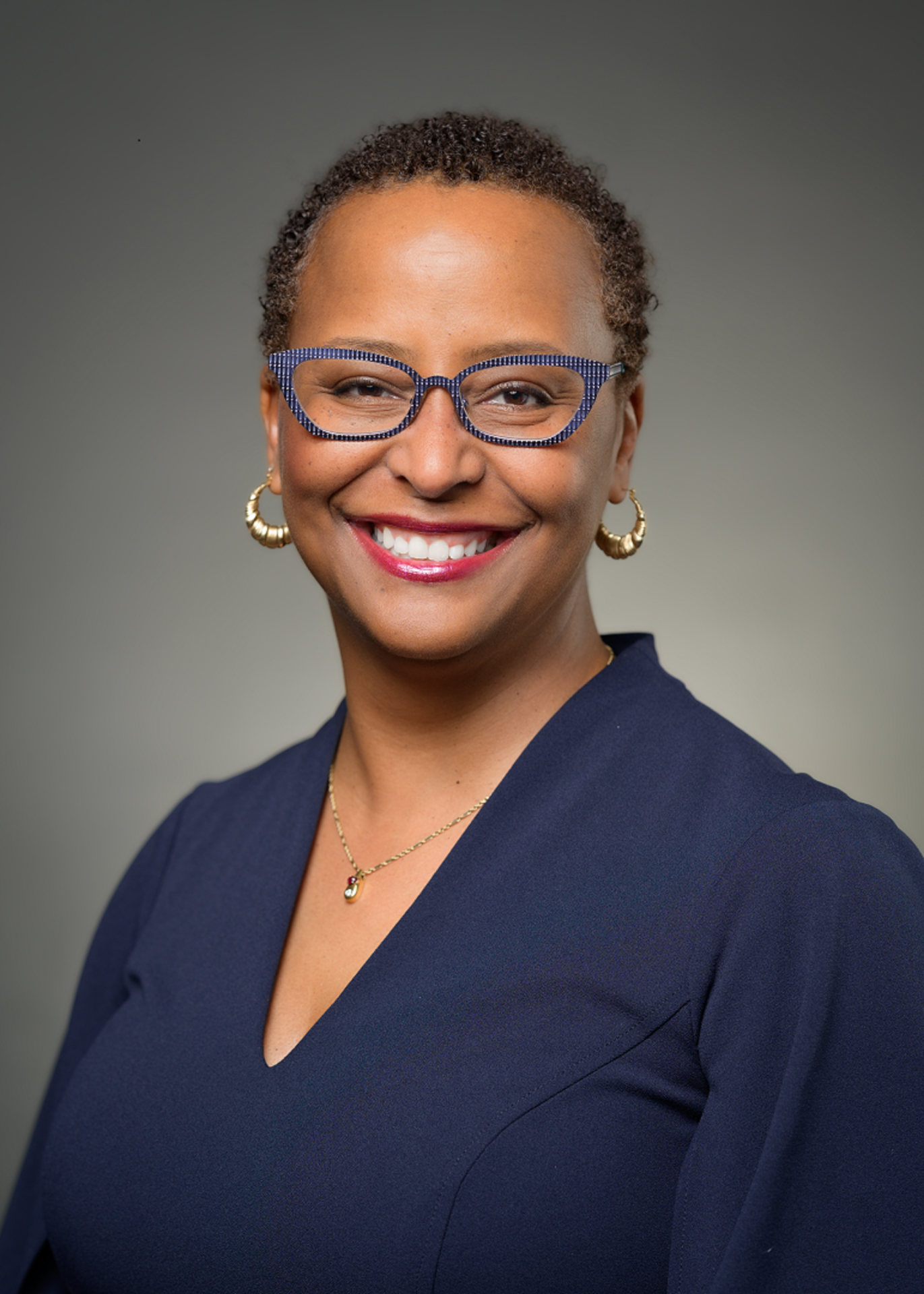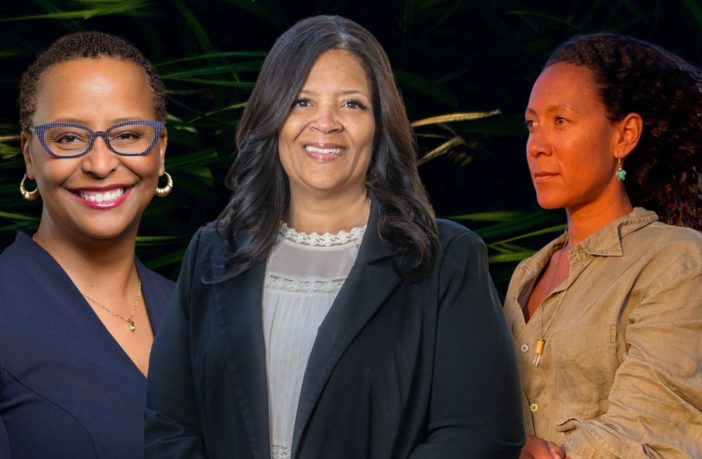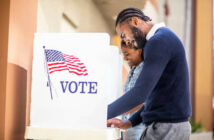Prioritizing the protection and well-being of Earth takes more than upcycling and shopping clean products. It requires us to reflect on all the ways we take up space and share community with others—including animals and other living beings in nature. This month, we celebrate the many ways in which people push toward sustainable conservation and strive to appreciate the beauty of our planet daily. Needless to say, we must explore ways to do more to help the environment.
We spoke with three fierce ladies of wildlife conservation— Denise Verret, Chief Executive Officer & Zoo Director at Los Angeles Zoo and Botanical Gardens, Dr. Hollis Stewart, an international wildlife veterinarian and Dr. Jo-Elle Mogerman, President and CEO at Philadelphia Zoo— to help us learn how we can adapt to and uniquely protect our voiceless friends in nature to sustain their futures.
How can Black people support conservation efforts on their own?
Denise Verret. Image: courtesy of the subject.
“Supporting conservation efforts doesn’t take money, special knowledge or expertise in a specific field. Black people can use their voices for advocacy and vote for candidates who will protect their neighborhoods from environmental impacts that contribute to unhealthy environments.”
Denise Verrett
 Dr. Hollis Stewart. Image: courtesy of the subject.
Dr. Hollis Stewart. Image: courtesy of the subject.
“Start locally, perhaps at a neighborhood community level. I suggest gathering people you know, friends, family and coworkers and just making it happen. Little things do matter and can create an impact. Simple things such as recycling, composting, planting trees and gardens can add up. Start going on walks or hiking, you can even form community outdoor clubs. It is also key to get the children involved as they will continue the conservation legacy.”
Dr. Hollis Stewart
 Dr. Jo-Elle Mogerman. Image: courtesy of the subject.
Dr. Jo-Elle Mogerman. Image: courtesy of the subject.
We have and continue to support conservation efforts. However, the behaviors and actions haven’t been recognized as such. For example, public transportation is a conservation action, even if you ride the bus because you can’t afford a car. We have to start naming and celebrating those behaviors and actions as good for a healthier planet.
Dr. Jo-Elle Mogerman
Why should the Black community care about conservation?
Dr. Jo-Elle Mogerman: I believe we care and it can show up differently. I believe conservation can be a platform for social good. Unfortunately, in conservation, doing the same thing the same way isn’t going to work anymore. Some of the most successful conservation work engages the community as equal partners in defining the problem and creating and implementing the solutions.
Dr. Hollis Stewart: Conservation has historically and currently been a white-dominated space. However, what happens in the environment affects us all. So, if our voices are not being represented at the top, we need to start shouting from below.
Denise Verret: It is incredibly important that Black people and all people of color, care about conservation because it impacts our neighborhoods and the communities in which we live. Many studies document that climate change and pollution disproportionately affect communities of color. The old adage of “it takes a village” could not be more relevant.
How are you rule-breaking through conservation efforts and creating shifts towards a more sustainable world?
Stewart: Wildlife conservation is not a field representative of people who look like me. If these are the rules, then just my existence in that space is rule-breaking! All animals have a right to exist and to not suffer due to humans to the best of our ability. There are no efforts too small when it comes to conservation.
Mogerman: Advocating for diverse voices in solution-finding shifts the rules around who can do conservation work. Sharing that we—as African Americans—care and often practice conservation and that it shows up differently is breaking the rules of engagement in creating a movement so that wildlife and people can thrive together.
Verret: As the first Black woman CEO ever of an Association of Zoos and Aquariums (AZA)-accredited zoo, I am showing other Black women and women of color that they, too, can take on a leadership role in a zoo, aquarium or conservation organization. I challenge myself to continue to give back and provide pathways to others through mentoring and guidance.
This piece was condensed for clarity.



